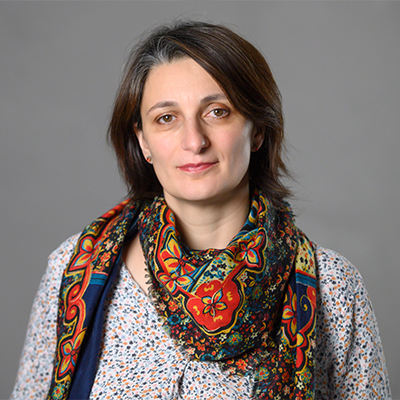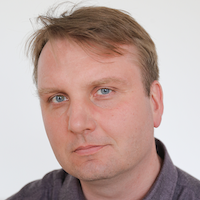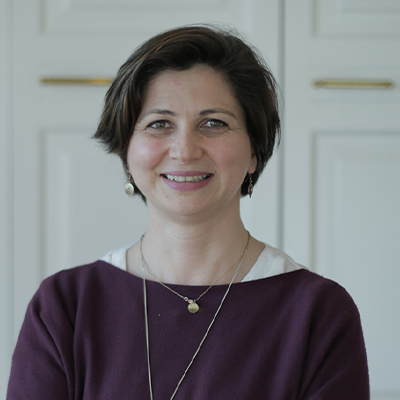Hi from Rome,
When I heard about a Hungarian Fidesz member speaking out against Viktor Orbán’s regime, a question crossed my mind: is there any chance that an authoritarian system can be shaken from the inside?
During the recent scandal over a presidential pardon regarding a paedophile case in Hungary, not only did the Hungarian head of state and the former justice minister resign, but these events also triggered a two-hour interview, viewed by two million, with Péter Magyar, an insider of the regime. This gave a ‘public X-ray’ of the country’s system for the first time, as Orbán’s biographer Stefano Bottoni told me.
Our Hungarian colleague also highlights the huge protests that launched in Budapest after the pedophilia scandal. What if a propaganda failure provokes the fall of a propagandist prime minister? Our colleague Boróka discusses this scenario in her article below.
Ok, but could this political earthquake shake the autocrat? I remember when the whole of Europe was laughing at the Italian ‘bunga bunga’ scandal involving then-PM Silvio Berlusconi, and what happened? The only reason Berlusconi had to resign was the economic crisis, and still he kept influencing Italian politics. Even after his death, Giorgia Meloni is somehow part of his legacy. Just like Nicolas Sarkozy still shapes the French government. To know more, take a look at our French colleague Nelly’s contribution in this issue.
Is there any hope to make a regime crack, when the autocrat controls politics, media, economy and society? Let’s see how our European team answers this question.
Francesca De Benedetti, this week’s Editor-in-Chief
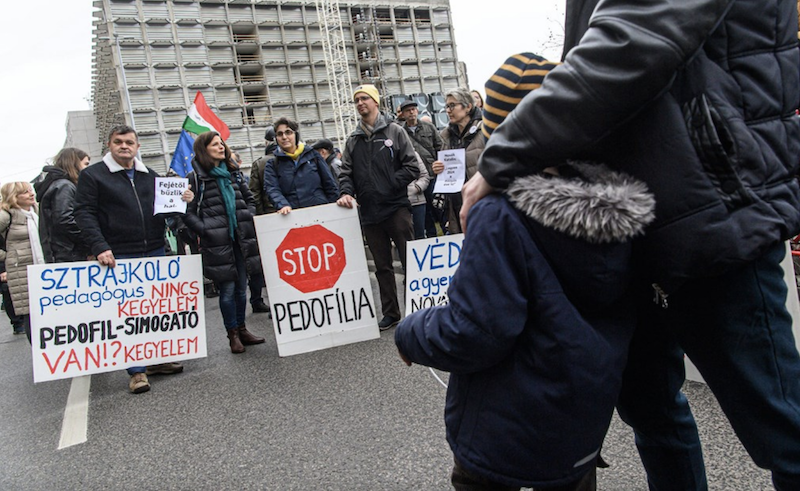
If you want to know an autocrat’s fate, you should look at his propaganda. The ever-shouting illiberal Viktor Orbán has never been silent for so long as during the recent resignation of his country’s president Katalin Novák.
The head of state resigned after it emerged that she had granted a presidential pardon last year to Endre Kónya, a former deputy director of a childcare institution, where he had been trying to silence victims in a paedophile case. Judit Varga, former Fidesz justice minister and a leading candidate for the upcoming European Parliamentary election, also retired from public life, as she had countersigned the pardon. Viktor Orbán’s confidante and former human resources minister, Zoltán Balog, was also forced to apologise. A Reformed Christian bishop, Balog was an adviser to Novák, and supported the presidential pardon that sparked the scandal.
This wave of resignations is unprecedented in Fidesz-ruled Hungary. Even more embarrassing was that Péter Magyar, Judit Varga’s ex-husband, gave an interview about state contracts and the Orbán government’s communication machinery. More than two million people watched his incendiary allegations. Orbán’s nightmare came true. On 16 February, tens of thousands demonstrated in Budapest.
Weeks after the scandal broke, and following the breathtaking demonstration, the prime minister delivered his state of the nation speech. He appeared uncomfortable, and said this election year could not have started worse.
Will Orbán`s power falter? Perhaps. It is disturbing that the crisis was not caused by opposition or criticism of the government, but by information that came to light by accident. The hypocrisy of Orban’s pro-family propaganda exposed government corruption and repression criticised by an insider, in the case of Magyar.
The Hungarian opposition is not prepared for an eventual takeover, but Orbán still has two real adversaries: chance, and his own collapsing propaganda machine.

Former French president Nicolas Sarkozy has just been sentenced to a year in prison, including a six-month suspended sentence, for illegal campaign financing. In 2012 he spent almost twice as much as the legal maximum for a presidential bid, which he covered up by using a system of double billing.
No ex-French president had ever been sentenced to a prison term before. This is the second time for Sarkozy. Last year, he received a three-year term for trying to obtain confidential information from a magistrate about another court case in which he was also being prosecuted.
In total, Sarkozy has been sentenced to four years behind bars. However, he still influences the government. In the latest reshuffle, several of his protégés became ministers.
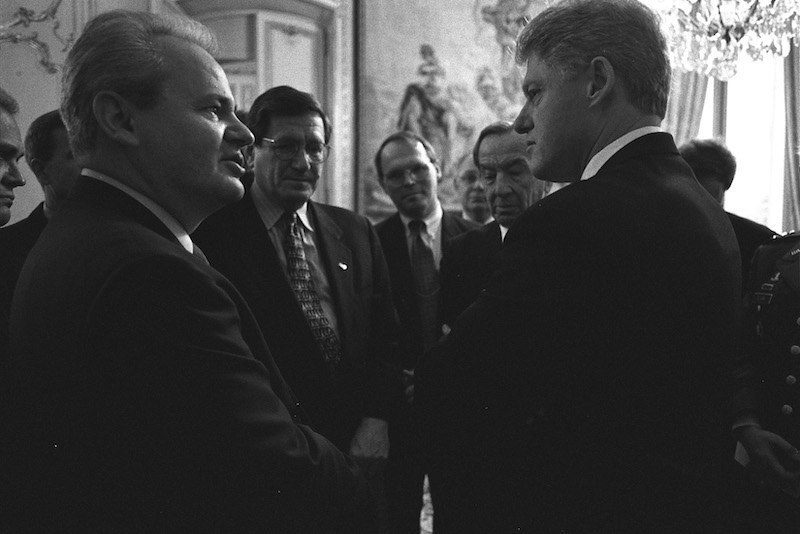
Serbian strongman Slobodan Milosevic was a beloved leader to many of his people in the early 1990s. Masses adored his patriotic speeches and melodramatic cries about Serbia against all, and his promises of economic prosperity.
By 2000 his legacy included defeat in war, human suffering, economic crisis, sanctions, isolationism, and the brutal suppression of free thought. During the ‘October revolution’ of that year, he was done for.
But democracies don’t start with only a decree. Declaring a victory over an authoritarian or populist regime is not enough, as they leave behind a societal desert in which good democratic practices find it hard to take root.
Initial euphoria gave way to the feeling that the criminals in power had already switched sides, the judiciary continued to be run by the same self-serving structures, and the media landscape was dominated by Milosevic’s clientele.
Reforms in every sphere were hard to pull off, as institutions were rotten from inside, the youth and intelligentsia had fled from the country, and some of the newly appointed officials turned out to be ‘bad apples’.
Political bickering over which path the country should follow raged. Subsequent governments failed to bring prosperity and fresh corruption scandals piled up. However the state no longer had control over a robust propaganda machine to force rose-tinted spectacles on people.
If the narrow chance for true change is missed, the impetus dissipates, and people start preferring to see through pink lenses rather than confront the chaos around them. All conditions are set for a new “great leader” to emerge.
Today’s Serbia reminds us of the Milosevic era. There’s a lack of media freedom and corruption is rampant. Good practices and checks and balances do not have a chance.
Only, since 2014 there is another great leader, Aleksandar Vucic, pumping up the national sentiment, engaging in melodramatic rants, opening and closing news bulletins and keeping pink glasses over people’s eyes.
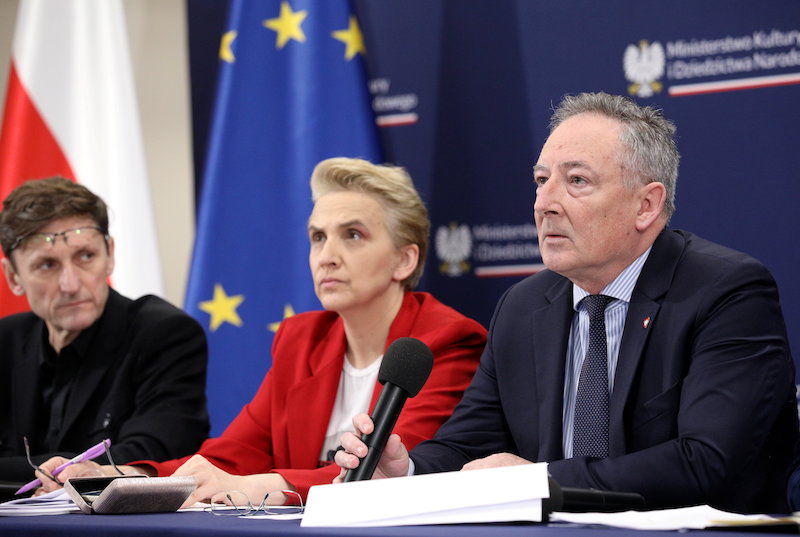
“I had a choice: to stay on a legislative path that would last months or even years and allow hatred to spill further, or put an end to it.”
Bartłomiej Sienkiewicz, Polish minister of culture.
This is how Sienkiewicz justified his decision to liquidate Polish public television. According to many experts, including those at Freedom House, Polish public television (TVP) had become a propaganda tool under the previous Law and Justice party-led government.
The incoming minister’s move to dismiss the current TVP management was against the law, as the members’ terms of office were due to last for several more years.
This is a risky path, as not all courts want to agree to register the new TVP company’s authorities. In 2015, when PiS came to power, it also replaced the entire TVP management, which was in defiance of the law. The PiS then established a new institution that ensured the party’s control over TVP for years to come.
The new government faces a dilemma: restoring the rule of law and the independence of the media in Poland may be necessary, but might not be entirely legal.
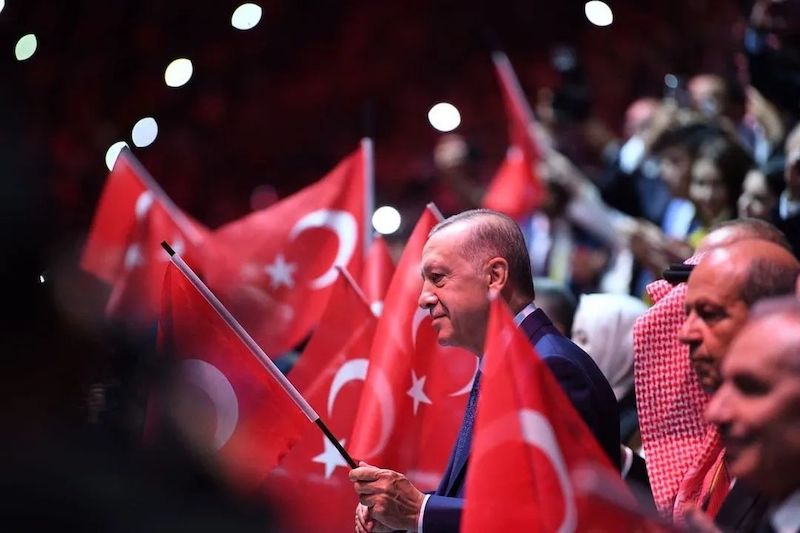
In the 22 years under President Recep Tayyip Erdoğan’s AK Party, Turkey has suffered an earthquake claiming over 50,000 lives and an ongoing economic crisis which sent inflation to its highest level in 2022 in the last 24 years.
Neither crisis has resulted in the fall of the regime.
The results of last year’s Presidential election held three months after the earthquake is a further indication of Erdoğan’s strength. Support for the Turkish head of state reached 76 percent in earthquake-hit Kahramanmaraş city, and 52 percent in the country as a whole. For his supporters, even if Erdoğan makes mistakes, only he can correct them. According to a poll conducted last year, 90 percent of AK Party voters thought the government’s post-earthquake performance was successful.
Erdoğan is perceived as a powerful leader who takes care of the needy. His supporters deeply trust him. Many conservative people feel accepted and respected under the Erdoğan regime for the first time.
Trust among the majority for Erdoğan has been engendered by the economic prosperity of the AK Party’s first years in office, and social welfare for the poor. Investment in highways and airports have contributed to the image of a “powerful Erdoğan”. Developments in defence manufacture, such as the production of the Bayraktar drone used by Ukraine, and the news in local media about its praise in foreign countries is a source of pride among Erdoğan supporters.
At the same time, the government has cracked down on the opposition and free media, and the AK Party has built a huge media machine which acts as a mouthpiece for Erdoğan. With such limits on freedom of expression, it is hard to persuade an electorate that the end of Erdoğan is not the end of the world.
Thanks for reading the 62nd edition of European Focus,
I hope the European debate we are promoting can also strengthen our defence against authoritarian regimes and systems. Perhaps we can find common strategies to ‘immunise’ ourselves?
See you next Wednesday!
Francesca De Benedetti



